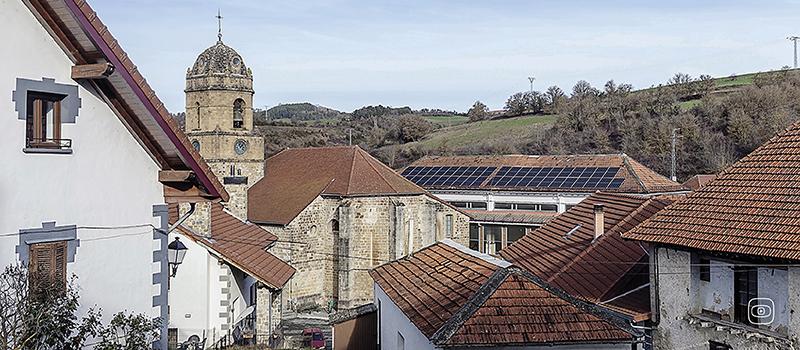Across the European Union, there is an increasing number of citizens regaining control of their energy resources through the creation of energy communities. The latter are seen as a realistic option towards the clean energy transition, but the obstacles they face could quickly turn this promise into mirage.
Companies, attracted by financial incentives and taking advantage of vague legal definitions, are hijacking a model that has the potential to advance the clean energy transition and contribute to the fight against climate change.
In this project, the journalists have investigated corporate capture in Portugal, Spain, and Belgium, three countries in different stages in the development of energy communities and their legal framework. Through a comparison they show the risks of corporate capture, and what forms corporate capture may take, as well as describe the obstacles faced by energy communities, and how they can be mitigated.
Ana Muñoz Padrós and Jairo Marcos contacted over 80 sources and carried out extensive field reporting. They also submitted several FOI requests and thoroughly analysed entities which received EU-funded and public subsidies to develop energy communities through business registries and open legal-entity databases. Additionally, they obtained and examined legislative documentation in detail at the EU and national levels.
Photo by Jairo Marcos.



